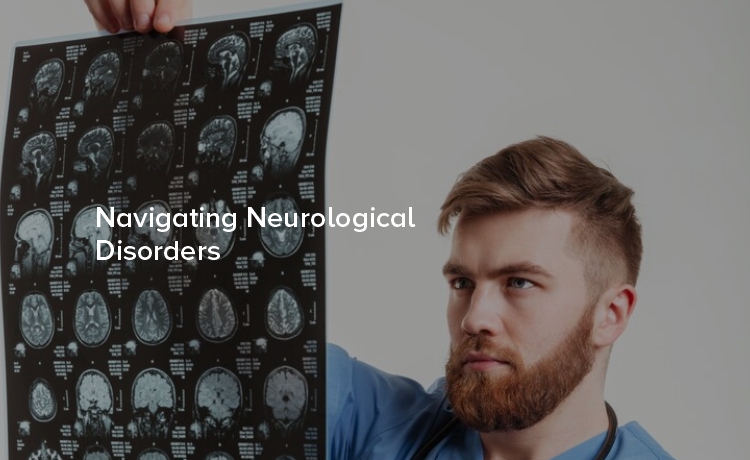
Neurological disorders are conditions that affect the nervous system, including the brain, spinal cord, and nerves. These disorders can be incredibly complex and present a wide range of symptoms, making them difficult to diagnose and treat. However, understanding the basics of neurology can help navigate these disorders effectively. The nervous system is divided into two primary components: the central nervous system and the peripheral nervous system. The central nervous system consists of the brain and spinal cord, while the peripheral nervous system comprises the nerves that extend from these structures throughout the body. One of the most essential functions of the nervous system is to relay messages between the brain and the body, allowing us to move, think, and feel.
Neurological disorders can arise from a variety of causes, including genetics, infections, environmental factors, and injuries. Some of the most common neurological conditions include epilepsy, dementia, stroke, multiple sclerosis, and Parkinson's disease. Each of these conditions affects different parts of the nervous system, and the symptoms can vary significantly from person to person.
One of the essential tools in diagnosing neurological disorders is imaging tests like MRIs, CT scans, and PET scans. These tests allow doctors to examine the structure and function of the brain and spinal cord, identifying abnormalities that may be causing symptoms. Additionally, neurological exams, blood tests, and genetic testing may be used to diagnose some conditions.
Treatment for neurological disorders can vary depending on the specific condition's cause and severity. Medications, surgery, rehabilitation, and therapy are all common treatments used to manage symptoms and improve function. However, in some cases, there may be no cure, and treatment is focused on supportive care to improve quality of life.
Prevention of neurological disorders is often challenging, as many conditions have no known cause or means of prevention. Still, certain lifestyle factors can reduce the risk of developing some conditions. Eating a healthy diet, exercising regularly, getting enough sleep, and avoiding smoking and excessive alcohol consumption can all help protect the nervous system.
Conclusion:
Neurological disorders can be incredibly complex and challenging to diagnose, treat, and prevent. However, understanding the basics of neurology and how it relates to these conditions can aid in navigating them effectively. If you or a loved one is experiencing symptoms of a neurological disorder, it is crucial to seek medical attention promptly to receive an accurate diagnosis and appropriate treatment. With modern advancements in medicine and technology, many individuals with neurological conditions can manage their symptoms and lead fulfilling lives.